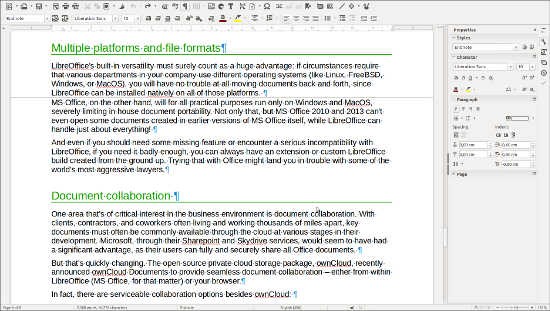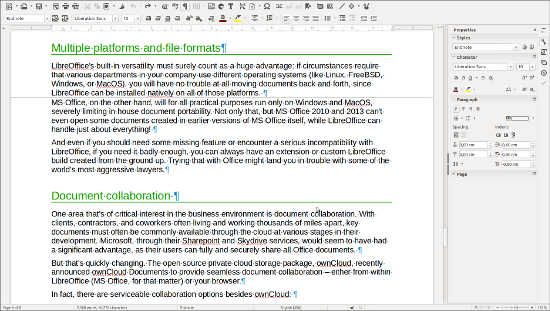The Southeast Texas nonprofit, Reglue, needs a total of 86 USB wireless adapters and speaker sets to complete a project to bring computers and Internet connectivity to 125 families with school aged children.
Reglue, a nonprofit that supplies free refurbished computers to financially strapped families with school children in Southeast Texas, has announced that it needs donations of USB wireless adapters and speakers. The devices are needed for a project that will bring computers and Internet connectivity to all families with school aged children living in housing controlled by the Taylor [Texas] Housing Authority. The authority and Reglue have already reached an agreement with Time Warner to supply housing units with wireless connections, and the adapters are needed so that Reglue’s “kids” can take advantage of those connections.
 In a March 14 post on the Reglue website, Ken Starks, the organization’s founder (full disclosure: Starks is also a writer at FOSS Force), explained that the shortfall is a result of the success of the program. “At first, we were informed that we could plan on doing about 40 [installations] in a year’s time…[but] we’re now looking at in the neighborhood of 125 machines.”
In a March 14 post on the Reglue website, Ken Starks, the organization’s founder (full disclosure: Starks is also a writer at FOSS Force), explained that the shortfall is a result of the success of the program. “At first, we were informed that we could plan on doing about 40 [installations] in a year’s time…[but] we’re now looking at in the neighborhood of 125 machines.”









